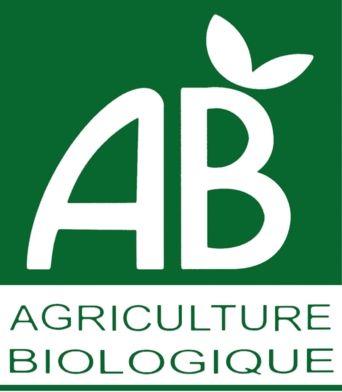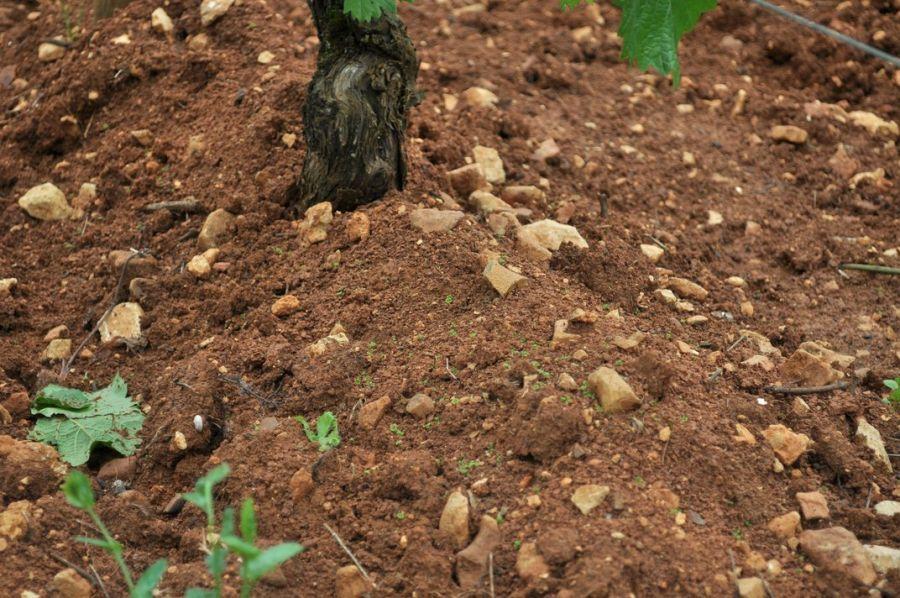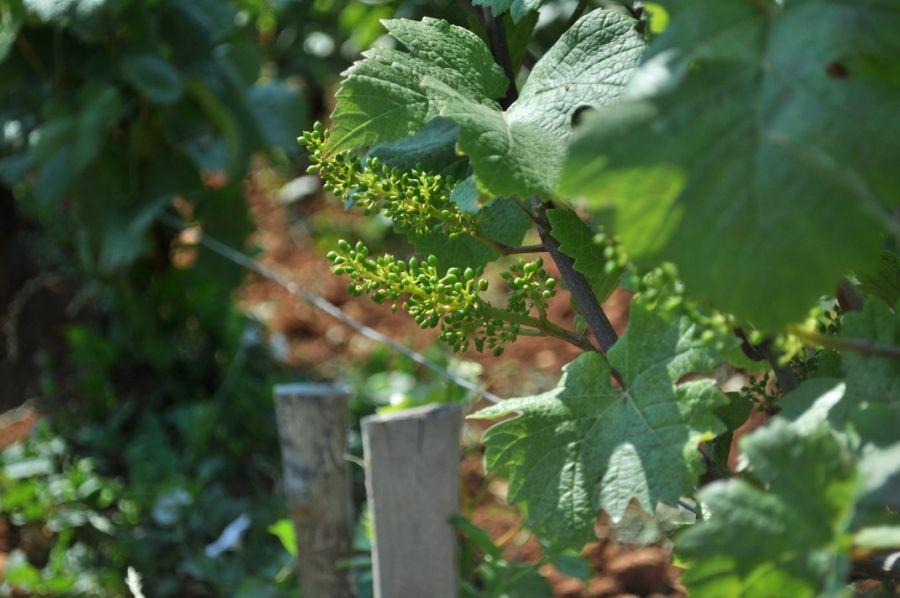Organic Viticulture

 Organic agriculture is the ecological response to conventional agriculture, whereby treatments based on natural products are used and chemical products, which are made from oil, are banned. The work carried out on the soil in order to reduce weeds, allows us to gain more benefit from the soil and sub-soil.
Organic agriculture is the ecological response to conventional agriculture, whereby treatments based on natural products are used and chemical products, which are made from oil, are banned. The work carried out on the soil in order to reduce weeds, allows us to gain more benefit from the soil and sub-soil. What should be made clear is that the term Organic, doesn't mean that treatments aren't used, it means that natural products are used and that the fight against diseases and pests is very closely monitored. Certain products, such as sulphur and copper, applied in high doses can be poisonous for man and for the soil. These products are extracted from quarries and come in different forms when incorporated in the various treatments. The use of copper in organic practices is limited to kilogrammes per hectare, per year, which is an extremely small dose compared to what used to be permitted in the past, when this type of agriculture was at its peak. There are other products used like bacteria, such as bacillus turengiencis, to fight against pests and diseases.
Consideration of the soil and the sub-soil is something that is thought carefully abou every year. When mechanical weeding has to be carried-out, the weight of the tractors is restricted so as not to compact the soil. A living soil is a soil that is well ventilated, contains mushrooms, bacteria and lots of micro fauna. The role played by the earthworm is essential. Earthworms work hard all year round and help to mix the various layers of soil together, which enables the production of organic matter unique to each terroir. This also enables a sufficient level of humus to be maintained for the soil to live for several years. Man does however have to intervene frome time to time, when organic matter removed from the ground by harvesting exceeds the soil's annual production of organic matter. In this case, fertilisers made from natural products like guanos (dried excrement of birds or bats) or compost, rich in microbiological activity, are applied.
Tu put it simply, Organic agriculture is far more ecological than conventional agriculture and allows the farmer to stay in close contact with the soil, by carrying out more manual work and enabling him to analyse problems more precisely.Pour simplifié, l'agriculture biologique si elle est bien pratiquée est beaucoup plus écologique que l'agriculture conventionnelle et le paysan reste beaucoup plus proche de ses terres en effectuant plus de travail manuel et des contrôles plus précis.
Organic methods, however, are not a guarantee of quality but an assurance that production mehods do not use chemical products and are overseen and regulated by external bodies.





